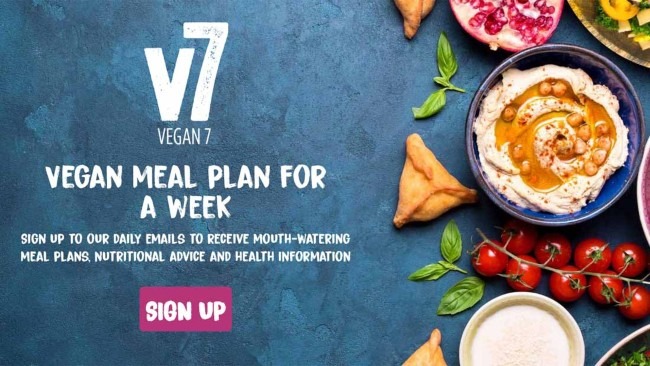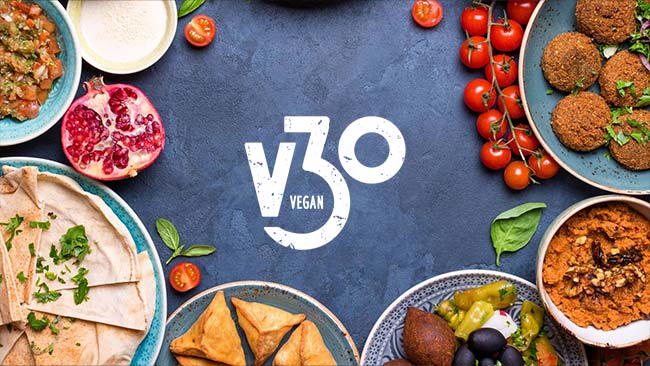Diabetes

Type 1 diabetes is when the body produces too little or no insulin and usually develops in childhood. Type 2 is when insulin is still produced but the body becomes insensitive to it and usually develops later in life.
Insulin is a hormone which makes it possible for cells to absorb glucose (sugar) from the blood and make energy. Without it, blood sugar levels rise and cells don’t have enough energy to function. Diabetes can lead to heart disease, nerve damage, kidney failure and blindness.
When young children with a certain genetic makeup drink cow’s milk, it may trigger an autoimmune reaction which accidentally destroys the insulin-producing cells in the pancreas (Chia et al., 2017). That means the immune system launches an attack against the milk proteins but in doing so it also destroys the pancreas cells. Recently, it’s been suggested that it’s not just milk proteins that the body attacks but also the bacteria in milk – the MAP (Mycobacterium avium subspecies paratuberculosis) that causes Johne’s disease in cattle and is present in pasteurised milk (Niegowska et al., 2016; Songini et al., 2017). The immune system starts attacking these foreign molecules but because the insulin-producing cells share a similarity with them, they are destroyed too.
It doesn’t happen in everyone, but if the child has genes making them more susceptible to this reaction, there may be an increased risk of type 1 diabetes developing as a result of the early exposure to cow’s milk.
With type 2 diabetes – the more common type – the situation is different. It usually develops in adulthood and unhealthy diets and lifestyles are a major risk factor. Obese people are at a high risk but it’s not a rule, even a slim person can become diabetic.
It typically starts with body cells developing insulin resistance – they stop responding to insulin. With insulin resistance, your body still produces insulin but the cells don’t react to it so all the sugar that gets into your blood after you’ve eaten cannot get into your cells. It causes high blood sugar levels and this can damage blood vessels and even nerves, leading to further health issues.
Despite the widespread myth, eating sugar is not a cause of diabetes (although it is not healthy), the main problem lies elsewhere. As many studies demonstrated, diets high in meat, saturated fat and processed foods (Western style diets) cause the accumulation of tiny droplets of fat in your muscle and liver cells. When there’s too many of these droplets, they interfere with the cell’s metabolism so it stops being able to react to insulin correctly, causing insulin resistance (Sparks et al., 2005; Morino et al., 2006; Consitt et al., 2009). Meat and fatty dairy products are major sources of saturated fat in the Western diets.
On the other hand, plant-based diets greatly reduce the risk of type 2 diabetes. It’s because plant wholefoods naturally contain less fat, and saturated fat in particular, than animal products, they contain a lot more fibre helping to regulate blood sugar, many beneficial phytochemicals and complex carbohydrates – put simply, they make your body work better and lower your risk of diabetes (Chen et al., 2018). It may sound too good to be true but the evidence is now so strong that many healthcare professionals recommend it as a part of the disease treatment.
Vegans have up to 50 per cent lower risk of type 2 diabetes (Appleby and Key, 2016; Salas-Salvadó et al., 2019). And even if you already have the disease, there’s good news – a healthy vegan diet low in fat and high in wholefoods can help reverse it (Barnard et al., 2009; Kahleova et al., 2011; McMacken and Shah, 2017). In several studies, many patients were able to reduce their diabetes medication and some were able to discontinue it because they were no longer diabetic!
For more information on diabetes and diet, visit our dedicated Diabetes pages.
Going dairy-free is not just a healthy choice, it’s also an ethical and sustainable one. If you’re used to meals based around meat and dairy, the idea of a plant-based diet may be daunting but we’re here to help make it super easy!
Sign up to our daily emails for a week to receive mouth-watering meal plans, nutritional advice and health information.
If you want to try it for a month, sign up to 30 days of delicious vegan recipes, tips and product info… all free!
All about dairy
Find all the above and more in Viva!’s ground-breaking resources:
An eye-opening guide Why You Don’t Need Dairy– presenting information on health, animals and the environment in an easy-to-read format.
A practical guide on how to cut dairy out of your diet and all you need to know to live a healthy and delicious dairy-free life: Everyone’s Going Dairy-Free
If you want to know more about dairy and your health and explore what scientific studies have to say, see the in-depth report White Lies






